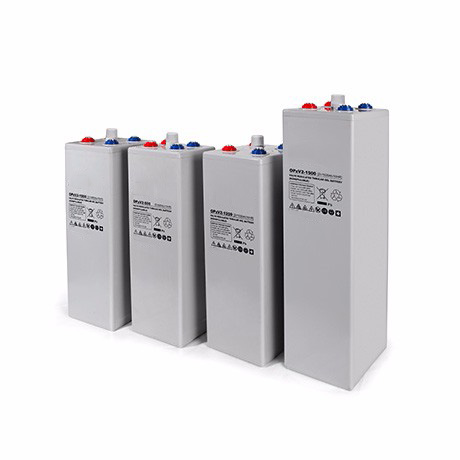OPzV (Valve Regulated Tubular Gel) batteries are known for their durability and deep-cycle capabilities, making them ideal for backup and energy storage applications. One critical environmental requirement for OPzV batteries is temperature control, which impacts performance, capacity, and lifespan.
1. Optimal Temperature Range
OPzV batteries typically perform best within a temperature range of 20°C to 25°C. Temperatures outside this range can significantly affect battery performance. Lower temperatures slow down the chemical reactions inside the battery, reducing capacity. In contrast, high temperatures accelerate chemical reactions, leading to faster degradation and reduced battery life.
2. Effects of Extreme Temperatures
Extreme cold can increase the internal resistance of OPzV batteries, which causes them to discharge more slowly and struggle with recharging efficiently. In extreme heat, OPzV batteries risk overheating, which can cause internal damage and compromise safety. Hence, they should be stored in a controlled environment to ensure stability.
3. Temperature Control Solutions
To protect OPzV batteries, consider using temperature regulation solutions such as air conditioning, ventilation, or insulation. For outdoor installations, battery enclosures that protect against direct sunlight and weather changes are recommended. Proper temperature management will enhance performance and extend the battery’s lifespan.


